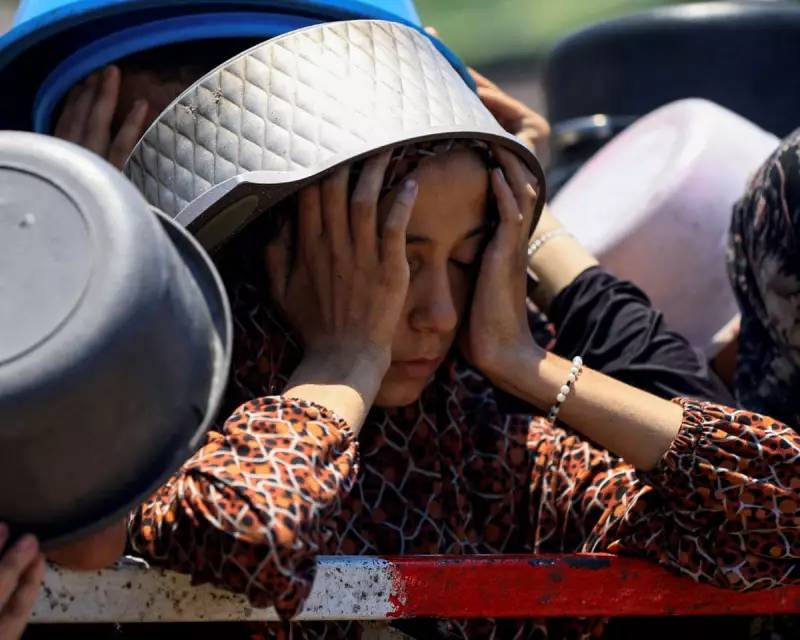
The humanitarian catastrophe unfolding in Gaza has reached unprecedented levels, with widespread starvation now threatening the survival of entire communities. Despite mounting international pressure, Israel's military offensive continues to devastate the Palestinian territory, raising urgent questions about the effectiveness of diplomatic rhetoric alone.
A Famine Engineered by War
UN agencies report that over half a million Gazans now face catastrophic hunger conditions, with children particularly vulnerable to malnutrition and disease. The deliberate obstruction of aid convoys and destruction of agricultural infrastructure has created what experts describe as a man-made famine.
Failed International Response
While world leaders have issued strong condemnations, their words have failed to translate into meaningful action:
- Repeated UN ceasefire resolutions remain unimplemented
- Humanitarian access continues to be systematically restricted
- Accountability mechanisms for potential war crimes remain weak
The Limits of Diplomatic Pressure
Analysts suggest that without concrete measures like arms embargoes, economic sanctions, or ICC prosecutions, verbal condemnations will do little to alter Israel's military calculus. The continued flow of weapons and political support from Western nations undermines the credibility of their criticism.
A Moral Reckoning
As images of starving children circulate globally, pressure is mounting for governments to move beyond statements of concern. The coming weeks will test whether the international community has the political will to prevent what many are calling a genocide in slow motion.





